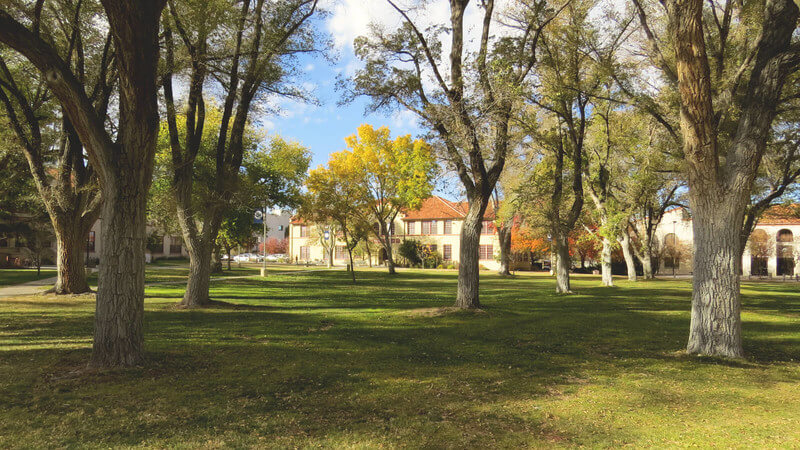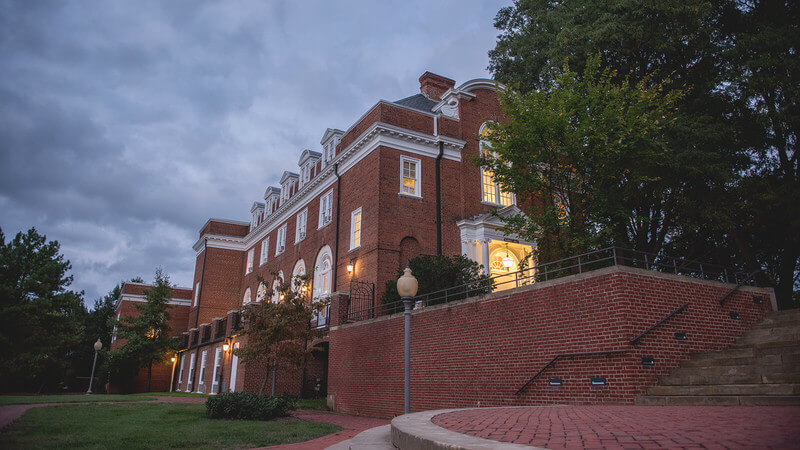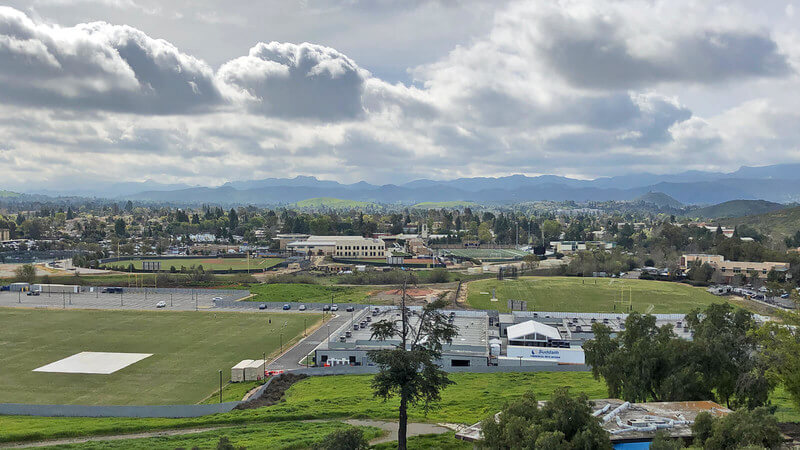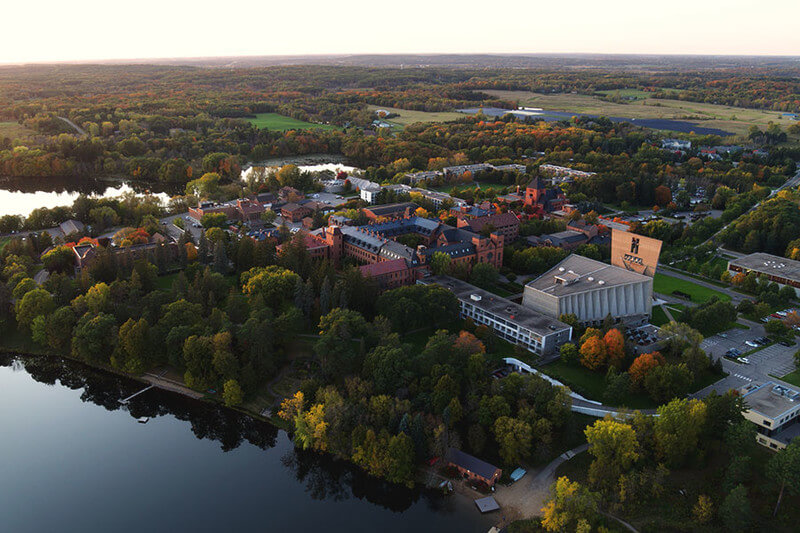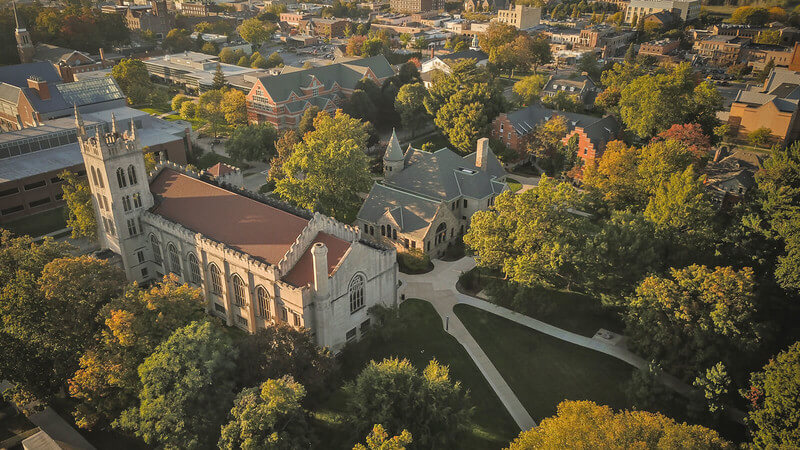
3.8 GPA Colleges: See Schools That Accept a 3.8 GPA
Your GPA, or Grade Point Average, provides a numeric summary of your academic performance by averaging all of your final class grades. A 3.8 GPA is just shy of a straight “A” average and indicates that you’ve received mostly As.
What is a 3.8 GPA?
A 3.8 GPA is a Grade Point Average of 3.8 on a 4.0 scale. It indicates that you've earned a predominantly A average in your courses. A 3.8 GPA is considered to be a very good GPA and is often an indicator of strong academic performance.
Is a 3.8 GPA Good?
GPA is measured on a 4.0 scale, with 4.0 correlating to flawless straight As every semester. A 3.8 GPA is only two-tenths of a point below that “perfect” GPA, demonstrating consistent performance at a high level. To put this in perspective, the average GPA of graduating high school seniors is a 3.0—a 3.8 GPA far exceeds that figure. It also outpaces the 3.5 benchmarks that most selective colleges use as an unspoken baseline for admission.
How Does a 3.8 GPA Affect College Admissions?
A 3.8 GPA is a very strong GPA. Admissions committees consider your GPA and your full application when making their decisions. They look at your test scores, extracurricular activities, recommendations, and essays.
A 3.8 GPA may make you a competitive candidate. But if you aren't sure, it's best to try to improve your GPA, which we discussed above. You can also put additional effort into extracurricular activities, sports, and community service to make your application more competitive.
What Colleges Can I Get Into With a 3.8 GPA?
Your GPA makes you eligible for consideration at several colleges and universities, and we’ve compiled a sample list of schools to consider below. No GPA guarantees admission, regardless of how high, but all of these colleges have established a history of accepting students in the 3.8-3.9 range.
Freshmen and Sophomores
The most important thing for freshmen and sophomores to do at this point is to recognize that a 3.8 GPA means you can submit a competitive application to just about every college. Because of this, set a goal to continue doing the work to maintain it. Notice the academic skills that helped you earn a 3.8 GPA and cultivate them going forward.
It’s also important to put some time and energy into extracurriculars, including (but certainly not limited to) after-school clubs and organizations, sports (varsity or otherwise), and community service. Come college application season, higher education institutions will be looking for well-rounded students submitting a passionate personal statement, and extracurriculars are often where that comes from.
Juniors
As for juniors, remember that most colleges weigh standardized test scores on par with GPA when considering applications. With a stellar GPA already achieved, concentrate on preparing for the upcoming ACT or SAT exams. During your study time, take a few practice tests to get used to a college entrance exam format. Be sure to time yourself and make notes about any sections that are difficult or tricky, so you know where to focus your studies. Familiarizing yourself with test-taking strategies, such as educated guessing and skimming long paragraphs of text for pertinent information, can also be useful.
Seniors
If you’re a senior, focus on ensuring the rest of your application is as strong as possible. Have your college counselor review your application essay to ensure it best represents your voice and accomplishments. Put together a list of after-school activities and determine if there’s time to join any other clubs that interest you. Above all, you should be proud and step confidently into the college application process—a 3.8 GPA makes you an extremely competitive applicant at a majority of institutions.
What Scholarships Can I Get With a 3.8 GPA?
You’re eligible for the vast majority of scholarships. There are a scant few that require a 4.0 GPA, but you’ll find those few and far between! It’s best to apply to as many scholarships as possible to help offset the cost of tuition, especially the unexpected costs of books, food, and dorm stuff. Start applying today!
View All Scholarships
What Are Colleges Looking at Other Than a 3.8 GPA?
When submitting a college application, there’s an extreme focus on GPA and standardized testing. While these numbers may be the first two aspects admission counselors look at, they’re certainly not the last. College and university admission offices want to see well-rounded students, including participation in after-school activities. Highlight any or all of the following in your application:
- SAT Scores / ACT Scores
- Extracurricular/After-school activities
- Your Sports
- Application Essays
- Volunteer Work / Community Service
- Jobs / Internships / Special Projects
How Can I Improve My 3.8 GPA?
If you have a 3.8 GPA and would like to improve it, here are some tips:
Identify areas of weakness: Identify the subjects or courses where you struggled or received lower grades. Work on improving your skills and understanding of these topics.
Take challenging courses: Challenge yourself by taking advanced or honors-level courses in your areas of strength. This will help you demonstrate your academic abilities and show that you are willing to push yourself.
Focus on time management: Manage your time effectively by creating a schedule that balances academic work with other commitments such as work or extracurricular activities.
Attend office hours and seek help: Attend office hours and seek help from professors or tutors. They can guide you on improving your grades and understanding of the material.
Study effectively: Develop effective study habits such as creating a study plan, taking notes, and reviewing material regularly.
Stay organized: Keep track of your assignments, deadlines, and exams. This will help you avoid procrastination and stay on top of your academic work.
Remember, improving your GPA takes time and effort, so be patient and persistent in your efforts.
What is a Weighted vs. Unweighted GPA?
A weighted GPA considers the difficulty of the classes you take. For example, honors, Advanced Placement (AP), and International Baccalaureate (IB) classes typically have a higher weight, meaning that a higher grade in these classes will result in a higher GPA. A weighted GPA is often used in college admissions to assess the academic rigor of a student's high school curriculum.
On the other hand, an unweighted GPA assigns a standard value to each letter grade regardless of the class's difficulty level. For example, an A in an honors class is assigned the same value as an A in a regular class. An unweighted GPA is often used in high school to give a general overview of a student's academic performance.
Explore Colleges for Every GPA with Appily
Ready to explore colleges that accept a GPA like yours? We have a comprehensive database to help you find and research schools. There, you can see essential data points like acceptance rate, average financial aid award, average test scores, and application deadlines, including those for rolling admission, early decision, and early action schools.
